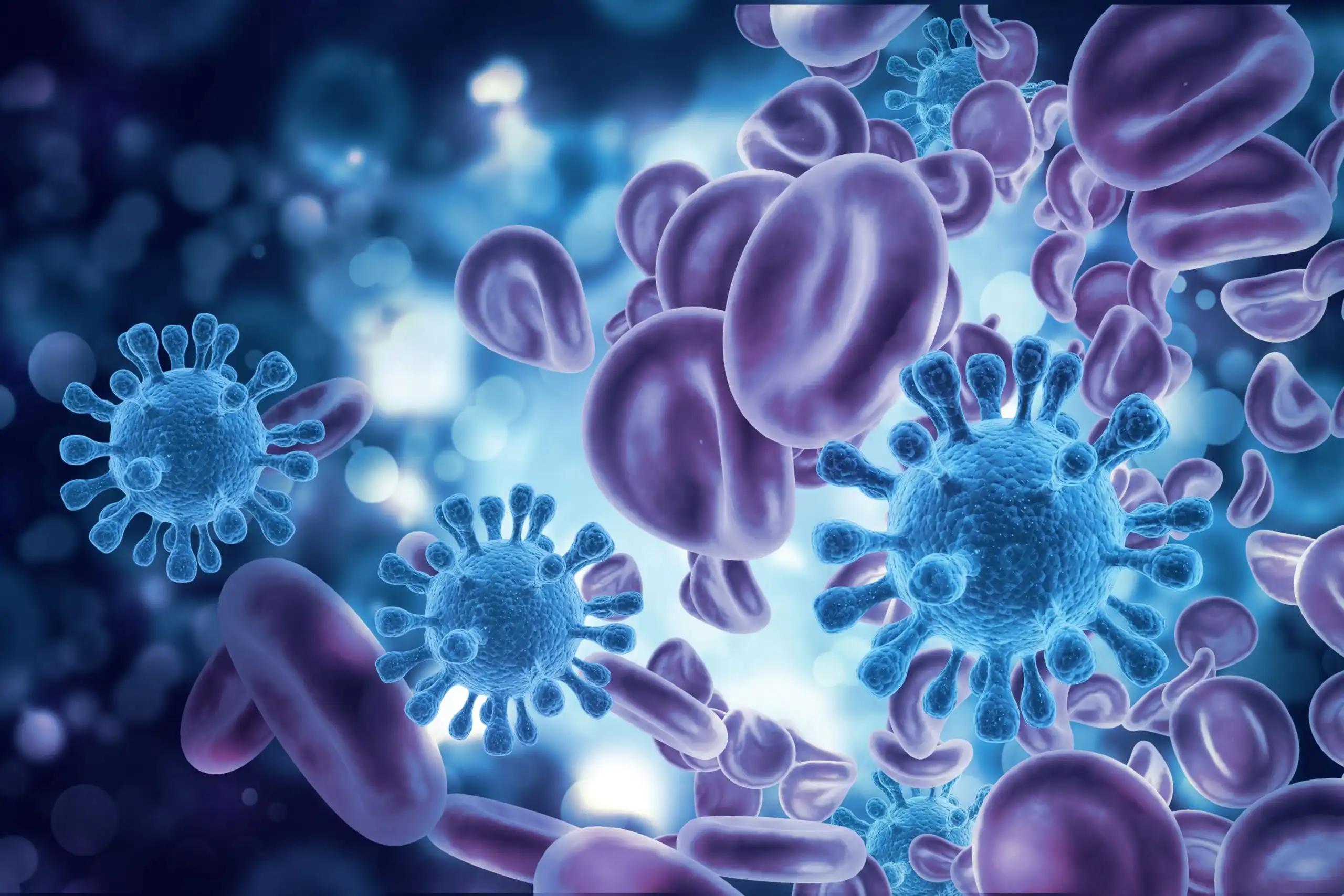KEY TAKEAWAYS
- The CALM phase 1, open-label study evaluated the safety and efficacy of UCART19, an allogeneic genome-edited anti-CD19 chimeric antigen receptor (CAR) T-cell product, in patients with relapsed or refractory B-cell acute lymphoblastic leukemia (R/R B-Cell ALL).
- The trial included adult patients with CD19-positive R/R B-Cell ALL aged 16 to 70 who had used all standard therapy options.
- UCART19 treated 25 patients between August 1, 2016, and June 30, 2020.
- The study demonstrated manageable safety and antileukemic activity in heavily pretreated adult patients with R/R B-Cell ALL, highlighting the potential of allogeneic CAR-T therapy in this population.
Adults suffering from relapsed or refractory B-cell acute lymphoblastic leukemia (ALL) have a low survival rate. However, UCART19, a gene-edited CAR T-cell therapy, provides a promising treatment option for such patients as it is derived from healthy donors and available for immediate clinical use. The CALM trial examined the safety and effectiveness of UCART19 in adults with relapsed or refractory B-cell acute lymphoblastic leukemia (R/R B-Cell ALL).
This multinational (France, the UK, the USA, and Japan) study aimed to assess the safety and efficacy of UCART19 in adult patients (16-70 years) with R/R B-Cell ALL and residual disease levels of 1 × 10-3. The trial consisted of a dose-escalation phase of up to three UCART19 doses and a safety expansion phase. Fludarabine (30 mg/m2 per day, intravenously, for three days) and cyclophosphamide (500 mg/m2 per day, intravenously, for three days), as well as cyclophosphamide (500 mg/m2 per day, intravenously, for three days, with or without alemtuzumab (1 mg/kg or 40 mg or 60 mg over 5 days) UCART19 dosages of 6 × 106, 6-8 × 107, or 1·8-2·4 × 108 total CAR T cells were used for lymphodepletion. Safety assessments and disease response evaluations were performed. The main focus was on assessing the occurrence and intensity of adverse events, while secondary measures included evaluating the overall response rate, duration of response, relapse-free survival, progression-free survival, and overall survival.
From August 1, 2016, to June 30, 2020, 25 participants were recruited and given UCART19 treatment as part of a study. The median follow-up time was 12.8 months (interquartile range 2.8-24.8 months). The median age of the participants was 37 years (interquartile range 28-45 years), with 14 (56%) being male and 11 (44%) being female. Among the participants, 17 (68%) were White, 2 (8%) were Black, 2 (8%) were Asian, and 4 (16%) were from other ethnic or racial groups. Three patients encountered dose-limiting toxicities (one at each dosage level), with one having grade 4 cytokine release syndrome, while two had grade 4 prolonged cytopenias. Six (24%) patients experienced grade 3 or higher cytokine release syndrome; one (4%) had grade 3 or higher neurological toxicity. Seven (28%) patients had grade 3 or higher infections, while four (16%) had grade 4 persistent cytopenia. Grade 1 acute cutaneous graft-versus-host disease occurred in two (8%) patients. Of the 25 participants, 14 died, with nine dying from progressive disease and five from infections or other complications. Four deaths were believed to be related to UCART19, lymphodepletion, or both. After a median follow-up time of 12.8 months (interquartile range 2.8-24.8 months), the overall response rate was 48% (95% CI 28-69; 12 of 25 patients), with a duration of response and median relapse-free survival of 7.4 months (95% CI 1.8 to not calculable), a progression-free survival of 2.1 months (95% CI 1.2-2.8), and overall survival of 13.4 months (95% CI 4.8-23.0).
The study results indicated that UCART19 was a safe treatment for heavily pretreated adult patients with relapsed or refractory B-cell acute lymphoblastic leukemia, with evidence of antileukemic activity. Allogeneic off-the-shelf CAR T cells can be used as a viable option for treating patients with relapsed B-cell acute lymphoblastic leukemia.
Source: https://pubmed.ncbi.nlm.nih.gov/36228643/
Clinical Trial: https://clinicaltrials.gov/ct2/show/NCT02746952
Benjamin R, Jain N, Maus MV, Boissel N, Graham C, Jozwik A, Yallop D, Konopleva M, Frigault MJ, Teshima T, Kato K, Boucaud F, Balandraud S, Gianella-Borradori A, Binlich F, Marchiq I, Dupouy S, Almena-Carrasco M, Pannaux M, Fouliard S, Brissot E, Mohty M; CALM Study Group. UCART19, a first-in-class allogeneic anti-CD19 chimeric antigen receptor T-cell therapy for adults with relapsed or refractory B-cell acute lymphoblastic leukemia (CALM): a phase 1, dose-escalation trial. Lancet Haematol. 2022 Nov;9(11):e833-e843. doi: 10.1016/S2352-3026(22)00245-9. Epub 2022 Oct 10. PMID: 36228643.



